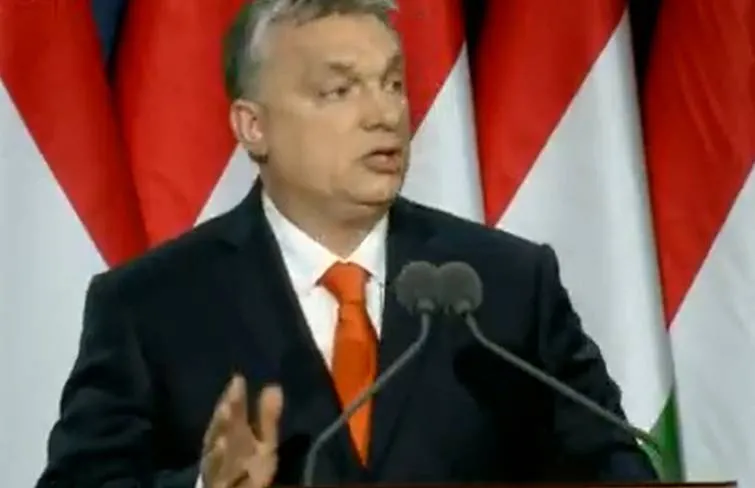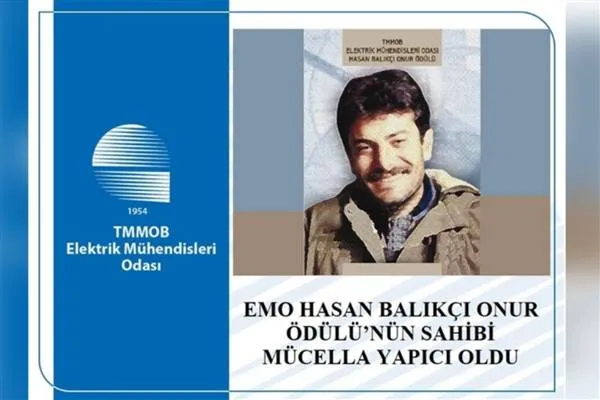EU presses Hungary on new visa rules for Russians
Brussels, August 4 (Hibya) - The EU is pressing Hungary on new visa rules for Russians. The bloc's Home Affairs Commissioner warned that the move gives potential spies and saboteurs easy access to the EU.
The EU has asked Hungary to explain its decision to ease visa requirements for some Russian and Belarusian citizens. Ylva Johansson, the bloc's Home Affairs Commissioner, warned that the move could undermine security.
Budapest has a special fast-track visa regime for certain foreign workers called the national card system. It allows foreigners to work in Hungary for up to two years, makes it easier to obtain a work permit and paves the way for the cardholder to apply for permanent residence. Previously, only workers from Ukraine and Serbia could benefit from this scheme, but in July, six more countries, including Russia and Belarus, were included.
In a post on X (formerly Twitter), Johansson criticized the move, claiming that "Russia is a security threat" and warning that the EU needs "more vigilance, not less".
"Giving potential Russian spies and saboteurs easy access to the EU will harm our security. Today, in a letter, I am asking the Hungarian government for an explanation. If the plans for easy access pose a risk, we will take action," Ylva Johansansson warned.
The change in visa rules initially went largely unnoticed. It only attracted attention after Manfred Weber, President of the European People's Party, criticized it in a letter to European Council President Charles Michel. Weber claimed that the new application "creates serious loopholes for espionage activities" and called on the EU Council to "safeguard the integrity" of the Schengen area and prevent other EU members from taking similar initiatives.
Zoltan Kovacs, spokesman for Hungarian Prime Minister Viktor Orban, called Weber's remarks "absurd and hypocritical" and said Hungary's migration system was "the strictest on the continent".
Hungary, which currently holds the six-month rotating presidency of the European Council, has long criticized the bloc's approach to the Ukraine conflict and its sanctions policy against Russia. Orban has long advocated a ceasefire and a negotiated settlement of the conflict.
Last month, he launched a self-described 'peace mission' to Ukraine to resolve the conflict. However, Orban's actions have drawn criticism from the EU and NATO, with some calling for the cancellation of Hungary's EU presidency.
Usa News Agency
















